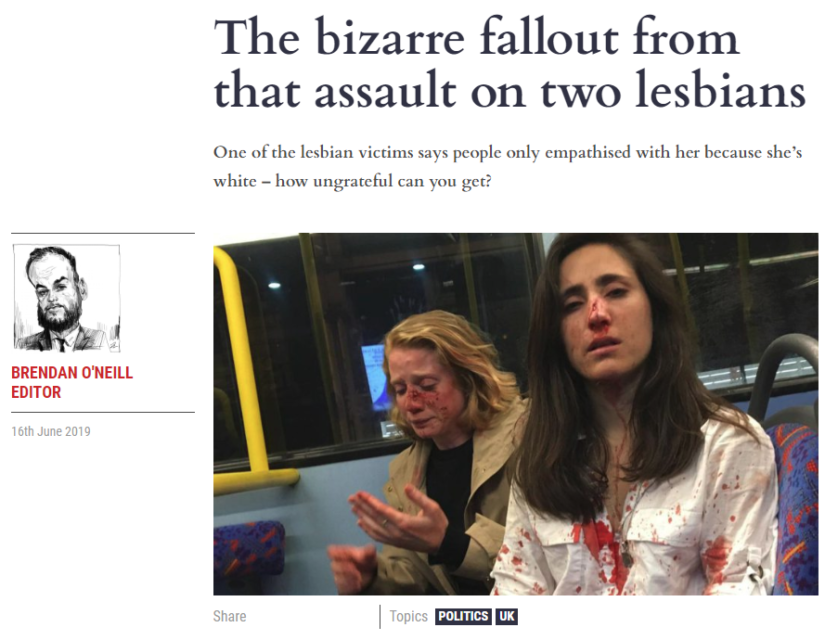The Wikipedia entry for “market segmentation” defines it this way:

“BEER”by Jonnee is licensed under CC BY-NC-SA 2.0
Market segmentation is the activity of dividing a broad consumer or business market, normally consisting of existing and potential customers, into sub-groups of consumers (known as segments) based on some type of shared characteristics. In dividing or segmenting markets, researchers typically look for common characteristics such as shared needs, common interests, similar lifestyles or even similar demographic profiles.
No single product is going to be universally popular, and it’s generally a bad idea to present it that way. The producers of a new product ideally try to identify the groups of potential customers who are more likely to want to buy the new product, and tailor their advertising to those groups. The more accurately they can identify and communicate with these customer groups, the greater the chances that the product will be a success in the market.
Beer isn’t universally popular (Gasp! Shock! Horror!), so brewers try to identify different kinds of beer drinkers and market their brews to those sub-groups:
The point about a market being that you can put your stuff out there and see who buys it. The buyers will – they are rational beings after all – select from the varied offerings and their selections will be the ones which best increase their utility by their own measurements of that utility. Thus the Shagmenowbigboypint might get a bit more business toward closing time, who knows? Not necessarily entirely female business either.
And even to stop being puerile about it. We’ve only this one system that does provide multiple choices – that’s what a market is. But in order for ever finer meeting of utility it’s necessary for ever finer slices of the market to be addressed. That is, we need to have free market entry so we can find out what it is that actually meets peoples’ desires.
Banning something that appeals to some slice of that market is thus defeating the point and object of that very market’s existence. Sure, lots of women won’t buy a sexist beer. Some will, as will some men. The aim and art of the whole exercise being to allow those who won’t not to, those who will to.
Or, as we can put it, every beer being Shagmenowbigboypint is as bad as no beer being Shagmenowbigboypint.







